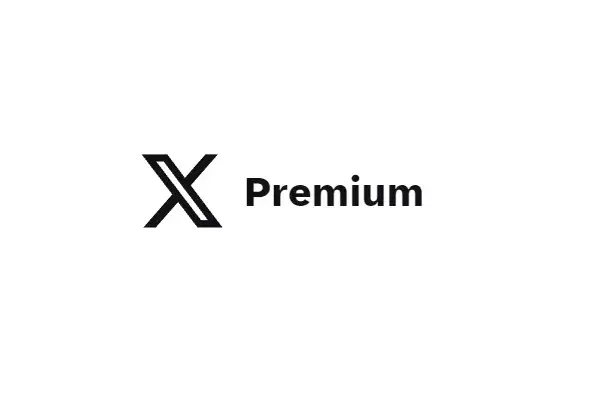The shift from Twitter to X under Elon Musk’s leadership has introduced significant changes, not only in branding but also in the way the platform aims to generate income. As the company seeks innovative revenue streams, it has turned to its subscription service, X Premium, and notably its highest tier, X Premium+. However, the recent price increase and the strategic pivot indicate a deeper struggle to meet ambitious financial forecasts amid diminishing ad revenues.
In a bid to bolster revenues ahead of the holiday season, X announced a hefty 30% increase in the X Premium+ subscription fee. Effective December 21, 2024, the monthly fee will rise from $16 to $22, adding an annual cost of approximately $229. While this price hike ostensibly aims to fund enhanced features—including an ad-free experience and increased usage limits for the Grok AI models—it seems more like a stopgap measure than a robust long-term strategy.
Existing subscribers will be grandfathered at their current rate until their billing cycle begins in early 2025, providing a slight cushion for current users. However, this price adjustment raises questions about the sustainability of X Premium’s appeal, especially given that most subscribers are unlikely to shift to the more expensive tier. Instead, it may alienate potential new subscribers who are conscious of budget constraints.
Another critical component of the X Premium+ strategy is the alteration of its revenue-sharing model for creators. The new structure incentivizes quality engagement rather than merely rewarding ad impressions, an approach designed to create a more equitable system for content creators. With the content landscape becoming increasingly competitive, this move aims to attract higher-quality contributions, fostering an ecosystem that prioritizes meaningful interactions over mere visibility.
Nevertheless, the effectiveness of this model hinges on user engagement levels, which remain uncertain in the wake of the platform’s mixed track record. The corporate narrative surrounding this shift appears optimistic, yet actual revenue generation remains a significant concern. If engagement from paying users does not translate into enhanced revenue for creators, the entire framework may collapse, leaving X more vulnerable than ever.
AI Development: The Overarching Priority
It’s evident that artificial intelligence is at the core of X’s future vision. The separate entity, xAI, responsible for developing Grok AI, recently secured an impressive $12 billion in funding across multiple rounds. This substantial financing illustrates a commitment to building advanced AI capabilities that can compete with giants like Google and Meta.
Yet, this drive for AI development presents challenges. While xAI has made strides in creating a new AI data center, the investments required to maintain competitiveness in the tech industry are staggering. X’s decision to funnel resources from the increased subscription fees towards AI expansion brings to light the risky nature of this strategy. What remains unclear is how these AI advancements align with the overall user experience on X and what tangible value they will provide to subscribers who may prioritize other features.
When Musk acquired Twitter, he envisioned a platform rich in subscription revenue, projecting a subscriber base of 69 million by 2025 and 159 million by 2028. Fast forwarding to the current reality, the platform counts approximately 1.3 million subscribers across all tiers. The discrepancy between expectation and reality raises eyebrows and paints a bleak picture for X’s financial forecasts.
With the current economic environment impacting spending behaviors, it’s unclear how X will attract new subscribers, especially with its most expensive tier. While loyal users of X Premium+ might tolerate the increased fee, the platform must offer compelling incentives to broaden its subscriber base. The idea that social media users are clamoring for artificial intelligence features—such as image generation or advanced analytics—has emerged as contentious. Many users remain hesitant about the perceived value of AI in enhancing their experience on social platforms.
As X endeavors to redefine its business model and drive revenue through its subscription services, the implications of these changes seem twofold. While the increased pricing can generate short-term gains, the long-term viability of X Premium+ will depend on user satisfaction, creator engagement, and robust AI developments that genuinely enhance user experience.
Ultimately, without substantial innovations or transformative add-ons, there remains a profound risk that X’s subscription services may fail to evolve into the financial lifeblood that Musk originally envisioned. The path ahead is fraught with challenges; however, by prioritizing quality engagement and advancing its AI integration, X may navigate through the uncertainty that lies ahead. Only time will reveal whether these strategies will prove effective or lead to further dwindling revenues.

